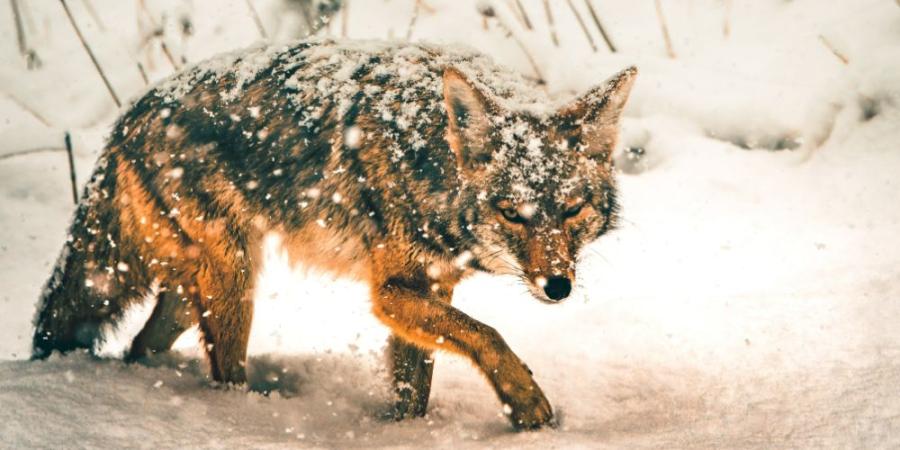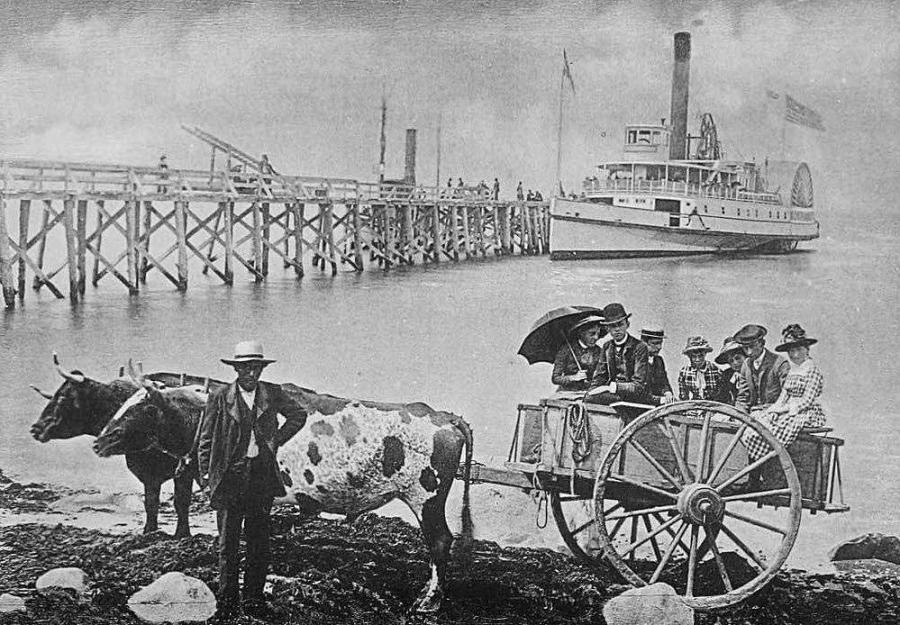

“We are not able to live. We have been surviving for so long; we just want to live.”
Until this past fall, the so-called Earle Report, published in 1861, was the most recent assessment of the state of affairs of Native peoples in Massachusetts. In 1859, Worcester politician and newspaper publisher, John Milton Earle, was appointed to investigate the social condition of Massachusetts Indians and recommend whether they should be afforded citizenship and given the right to vote. Last August the state of affairs of Massachusetts Native peoples—women included—was reexamined through a series of listening sessions across the state. The project, Massachusetts Native Peoples and the Social Contract: A Reassessment for Our Times, was co-funded by MassHumanities, Suffolk University Law School’s Indigenous Peoples Rights Clinic, and UMass Boston’s Institute for New England Native American Studies.
The survival of tribal communities is a testament to the will and resilience of Native peoples. Outdated statutes like the Earle Report and the Massachusetts Enfranchisement and Allotment Act of 1869 still impact the lives of contemporary Native Peoples who reside in the state. Cedric Woods (Lumbee), director of the Institute for New England Native American Studies, explains, “These two state-sanctioned activities set the stage for state citizenship for Native men, disenfranchised Native women, and changed the legal relationship between many Native peoples and their homelands. Instead of the various Indian districts, reservations, or towns having ultimate collective ownership of their homelands, they were divided up to individual heads of households and subject to state taxation...a change in the legal status of Indian land that would dramatically accelerate the loss of this land between 1870 and the time of the Great Depression.”
The project’s first listening session and roundtable was held in Worcester, hosted by the Nipmuc Tribe, drawing 61 people and 9 online participants. In addition to presentations from the Nipmuc and the Pocasset Wampanoag, numerous audience members shared their thoughts, concerns, and questions. Tribal members spoke about the impacts of enfranchisement on Native peoples in the mid-1800s, which gave Native men the right to vote but led to the dissolution of many collective rights Native communities had prior. The Allotment Acts, which aimed to lift Native people out of poverty and assimilate them into mainstream American society, created devastating losses for communities by prioritizing the Euro-American model of individual land ownership. The acts also allowed the government to sell “excess” Indian reservation lands remaining after the allotments on the open market, which made way for purchase and settlement by non-Natives. From 1870 to the end of the Great Depression in the 1930s, the Mashpee alone lost upwards of 70 percent of their land holdings.
Among other concerns raised was the removal of tribal children and their placement into state-run care, a practice that still happens today. “Ensuring that Native youth know where they fit in and connecting them to their Native community is essential to our survival,” said one audience member. Health and food were also discussed, with participants asserting that the return of land would allow for Native communities to engage in sustainable agricultural practices by reviving how their ancestors grew food and preserved lands. Several speakers also made the connection between mental health and access to traditional territories and offered this as a potential remedy for those suffering from substance abuse. Dispossessed Native communities have difficulty staying connected as many tribe members live in dispersed areas; nevertheless, they expressed the desire to being more closely knit and holding more community events.
For several participants, the highlight of the listening session was the presentation by Nipmuc youth Keely Curliss and Nia Holley, who shared their thoughts on a variety of issues including land, sovereignty, recognition, and the health of their communities. Other youth in the audience echoed Curliss and Holley’s wish to be more connected with their Native communities and spoke to the difficulty of growing up and not of being able to get to community gatherings and events. “The passion with which the youth expressed their hopes for the future of their communities was infectious,” said Woods.
The second consultation, hosted by the Mashpee Wampanoag in Mashpee, drew over 80 attendees. Executive Director for the Massachusetts State Commission on Indian Affairs, Jim Peters (Mashpee Wampanoag), and Sonksq Alma Gordon (Chappaquiddick Wampanoag tribal leader) gave an overview of how racist state policies, specifically the Allotment Acts, historically disenfranchised their peoples, leaving communities fighting for their cultural survival. The history of the Mashpee Wampanoag’s relationship with non-Native settlers predates the formation of the Commonwealth and the United States. They were present for the landing of the Pilgrims, but only just received federal recognition as a tribe in 2007. As Peters said, “We have been playing a lifetime of catch up… but we are still here today. We lived as one, in balance with nature; matrilineal, welcoming and communal people, where things are not about ‘I’ but ‘us.’ It is humbling to be able to trace my bloodline to this land.”
Gordon also spoke about her people, a tribe of first contact with a 400-year documented history but not yet formally recognized by the state or federal government. She voiced the concerns of her 500 tribe members about the land loss suffered on the Island of Chappaquiddick near Martha’s Vineyard; the need for health coverage; the lack of a formal state recognition process; and having been dispersed by history. “We are a forgotten people. We have no formal recognition, but we do have heart, pride, and passion,” she said. Nicole Lach-Freeman, representing the Chappaquiddick youth perspective, spoke about her people’s focus on rebuilding, reclaiming land and traditions, and “building strong minds” as her vision for the future.
The audience responded with largely positive feedback, with many saying the event exceeded their expectations. A young Mashpee man stated, “As a young person, it is very powerful to be here. Hearing the history of our cousins helps us build stronger individuals. Connecting is a beautiful thing, as many of us have lost our ways.” One woman said the listening sessions were “helping to tilt the circle back into place, which is long overdue.” An elder reminded the audience about the importance of land and traditional values that respect people over things. “Where your roots are, that is your home,” he said. “We have to strengthen people consistent with our tradition. If you do not know who you are, you will not know where you are going.”
The listening sessions reaffirmed that Native people in Massachusetts have a deep desire to learn more about their histories and laws and policies impacting their communities. “What became very clear is that the issue of the allotment of land at Mashpee and Chappaquiddick is still having very real impacts on individual tribal members and their communities as a whole. The loss of allotted land due to unpaid taxes is still occurring in the areas that used to be recognized by the state as Indian land unalienable for debts,” said Woods.
The project continues with two more listening sessions and will culminate with a wrap-up event at Suffolk University in the Spring of 2016 that will present a report on findings. “We will identify areas of concern, what we believe we accomplished through the project, public feedback on the project, and perhaps some recommendations based on the former. We will get it to legislators, particularly those in whose districts we held events, as well as to tribes, Native nonprofits, and other interested parties,“ Woods said. Nicole Friederichs of Suffolk University Law School’s Indigenous Peoples Rights Clinic said, “The purpose of the wrap up meeting is to begin discussing next steps [to] present to the public and the Commonwealth.” But, she added, “ultimately it will be up to the communities to decide how to move forward.” ”
Some of the Native Tribes in Massachusetts Today:
• Assonet Band of the Wampanoag Nation
• Chaubunagungamaug Nipmuck
• Chappaquiddick Wampanoag
• Nipmuc Nation
• Herring Pond Wampanoag
• Mashpee Wampanoag
• Natick Nipmuc
• Pocasset Wampanoag
• Massachusetts
• Seaconke Wampanoag
• Wampanoag Tribe of Gay Head (Aquinnah)
Attend the final consultation:
March 11, 2016, 12–2 p.m. North American Indian Center of Boston 105 South Huntington Ave., Jamaica Plain
To learn more about the project, visit: blogs.umb.edu/inenas



